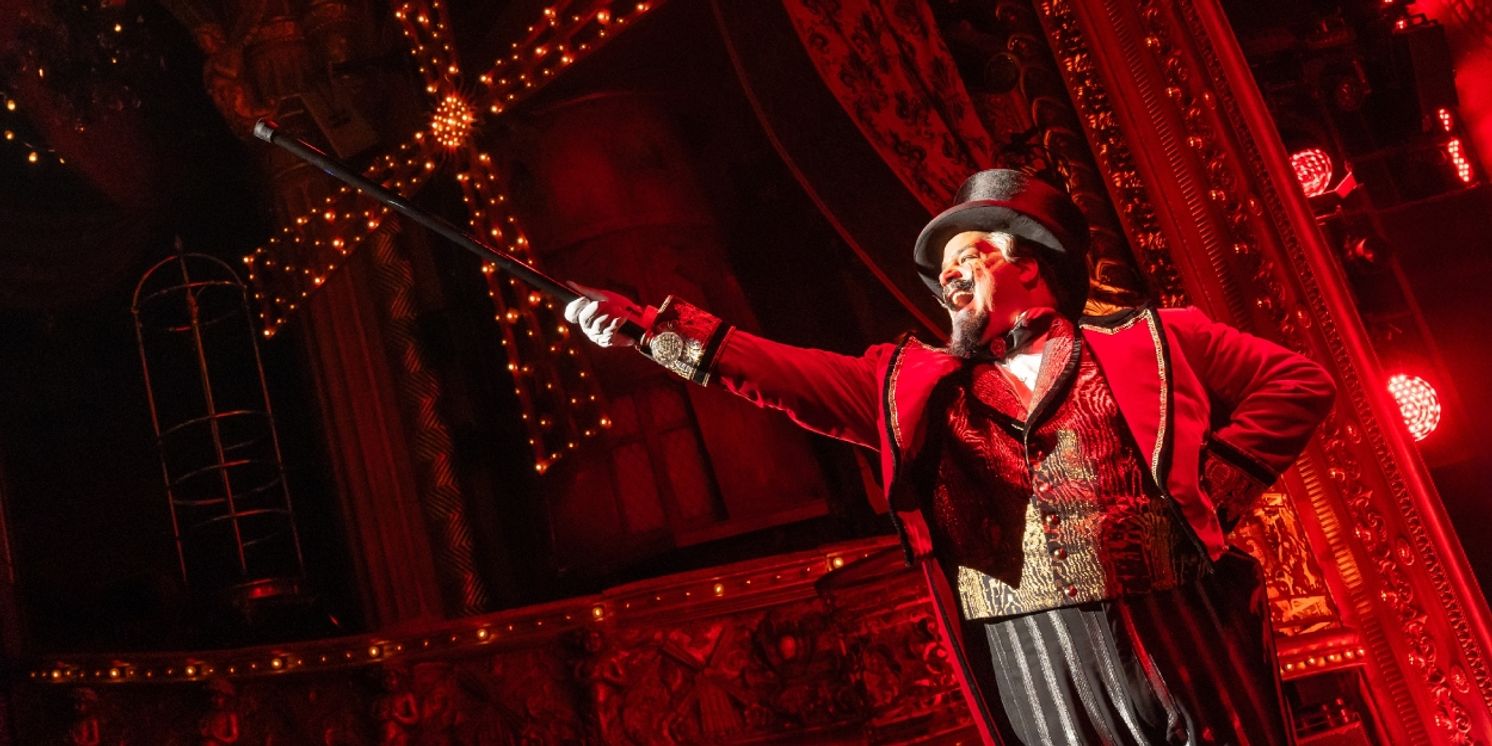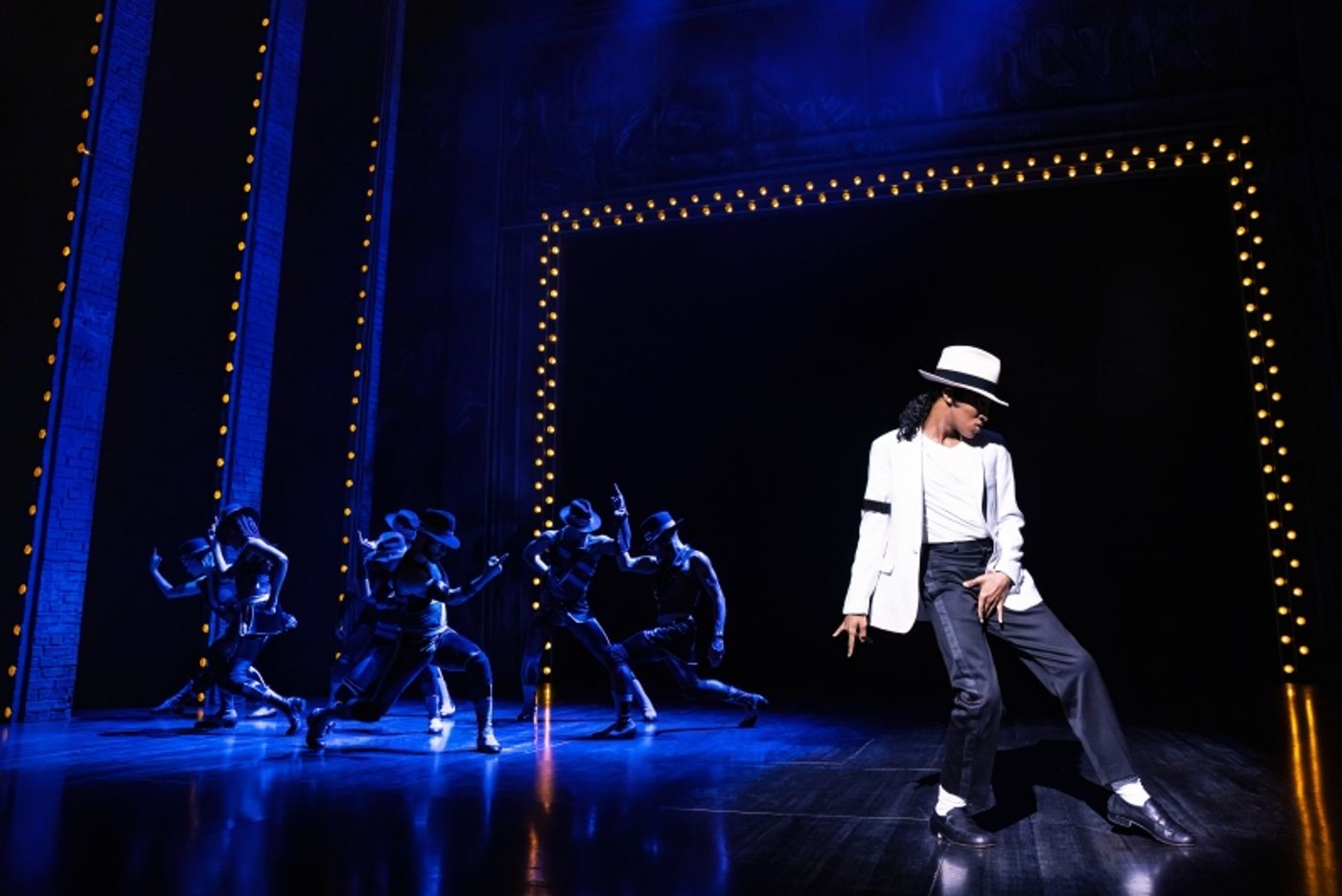Jukebox Musicals vs. Original Music Musicals- An Analysis
Are jukebox musicals more likely to recoup? We're breaking it down.

It’s no secret that the current commercial landscape of Broadway is making it more and more difficult for new shows to become successful. Between skyrocketing development and operating costs, and stagnate average ticket prices, rarely has there been a more challenging time for new shows. Since the pandemic, a total of thirteen shows have recouped, and worryingly only four of them are new musicals (Moulin Rouge!, Six, MJ: The Musical, and &Juliet). Audiences in their somewhat slow return to Broadway have turned to the familiar, with three out of the four being based on pre-existing music. This has led to a spur of new jukebox musicals, as four out of the fifteen new musicals last season (and two of the best musical nominees) were jukebox musicals. This trend is showing no signs of slowing down either, with two new jukebox musicals already open this season, and another two confirmed for this spring.
This is a trend that makes sense. Looking back further over the last ten years, jukebox musicals have had a recoupment rate on Broadway of 25%. Over the last 22 years that number increases to 32%, with half of them running on Broadway for over one year. In the difficult financial times since the pandemic, producers have been trying to shore up investor confidence by turning to safer options, and it’s worked at least to some extent. One of the things Tony Award winning Producer Ken Davenport noted in his State of the State of Broadway webinar last summer, was that four of the five highest grossing new musicals since the pandemic (excluding “mega-hits”) were jukebox musicals- with Beetlejuice the lone exception.

However, jukebox musicals have rarely been shown much love at the Tony Awards, only two have won best musical since 2000 (Jersey Boys and Moulin Rouge! - though Moulin Rouge! only won against other jukebox musicals in the pandemic affected 2019-2020 season). Additionally, outside of the 2020 season, no jukebox musical has won Best Book and only one has won Best Direction. Similarly, the New York Times has only awarded a critics pick to three jukebox musicals in the last 10 years (Hell’s Kitchen, Jagged Little Pill, and the Boston run of Moulin Rouge!). None of these are necessarily hallmarks of commercial success save for Best Musical- Kimberly Akimbo, A Strange Loop, and Thoroughly Modern Millie are the only Best Musical winners this century to not recoup (The Outsiders has not recouped either but they are likely to within the next 6-12 months).
It’s a widely stated claim that only 1 out of 5 shows make their money back on Broadway, and that number has been much lower since Broadway’s return three years ago. Out of the 17 new musicals to open in the 2021-2022 and 2022-2023 Tony Award seasons, a measly three have recouped, and when initial capitalization costs are higher than ever (the range was from $7-$28 million, many of which were on the higher end of that scale), understandably producers and investors are looking to take on less risk. The 23-24 season so far looks to have been more of a success, three of the 15 new musicals from last season are still running with no closing date announced. If all of them recoup that will be a 20% hit rate, but that remains a tall order with an average capitalization of $23 million.

However even if new works get there, licensing of pre-existing music can get very expensive post-recoupment. Moulin Rouge! and MJ: The Musical have reportedly returned only 5%-10% to their investors per the Broadway Journal, even though they remain two of the highest grossing shows since Broadway’s return. Hell’s Kitchen, though it has yet to recoup, reportedly has similar provisions that will eat significantly into investor returns post-recoupment. The only new musical as of time of writing since the pandemic to produce a more than 100% return (after recoupment) for its investors is Six. This is concerning for a number of reasons, chiefly the fact that many investors count on shows like Six being present in the Broadway landscape, where they can offset losses from other shows with one or two big hits. Combining smaller hits with skyrocketing costs is a recipe for disaster for those who want to make money investing in/on Broadway, and potentially for the industry as a whole.
But it often feels as though the current Broadway landscape is impenetrable for new, original work, and that may be more true than ever (especially given the recent struggles of Maybe Happy Ending). That said, there’s anything to be learned about Broadway’s history, it’s that all trends come and go. The last jukebox musical to recoup on Broadway before the pandemic was Beautiful: The Carole King Musical. In the six years that followed, twelve jukebox musicals hit the main stem and though two recouped after the tax breaks associated with the pandemic, none recouped on Broadway before March 2020. That timeframe saw more than a dozen original musicals recoup their initial investment, some of which have returned that investment many times over, shows like Dear Evan Hansen, Hamilton, and Hadestown. Every 10 years or so a major event happens that shakes up audience ticket-buying behavior, and yet it always resets, often accompanied by a major hit. We may not have had *that* hit yet, but when that high tide comes, as we’ve seen time and time again, the high tides will rise all boats on Broadway, and it’s only a matter of time before the next tide rolls in.
Videos

